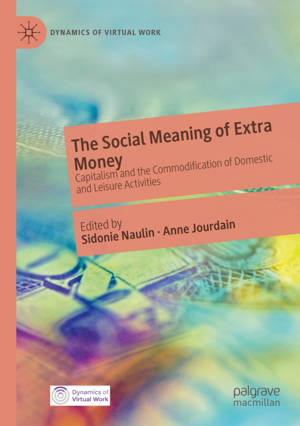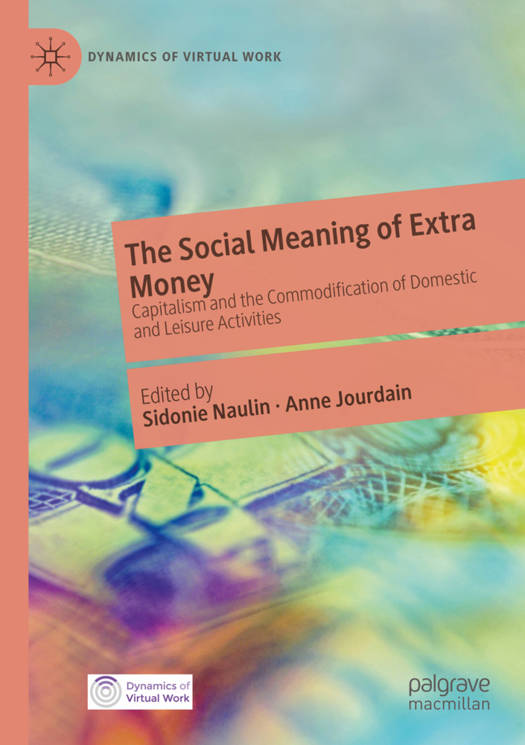
- Afhalen na 1 uur in een winkel met voorraad
- Gratis thuislevering in België
- Ruim aanbod met 7 miljoen producten
- Afhalen na 1 uur in een winkel met voorraad
- Gratis thuislevering in België
- Ruim aanbod met 7 miljoen producten
The Social Meaning of Extra Money
Capitalism and the Commodification of Domestic and Leisure Activities
Omschrijving
Why do ordinary people who used to engage in domestic and leisure activities for free now try to make a profit from them? How and why do people commodify their free time? This book explores the marketization of blogging, cooking, craftwork, gardening, knitting, selling second-hand items, sexcamming, and more generally the economic use of free time. It outlines how the development of web platforms, the current economic context and post-Fordist values can account for this extension of market and labor.
Drawing on a range of interviews, ethnographic observations, and quantitative surveys, the contributors question the empowering effects of commodification, with a specific focus on how gender and class inequalities affect the social meanings of extra money. Ultimately, the collective findings demonstrate how commodification pervades even the most mundane social activities. This research will be invaluable to scholars and students with a focus on gender and digital sociology, the sociology of work and labour, and the marketization of leisure.
Specificaties
Betrokkenen
- Uitgeverij:
Inhoud
- Aantal bladzijden:
- 284
- Taal:
- Engels
- Reeks:
Eigenschappen
- Productcode (EAN):
- 9783030182991
- Verschijningsdatum:
- 16/09/2020
- Uitvoering:
- Paperback
- Formaat:
- Trade paperback (VS)
- Afmetingen:
- 148 mm x 210 mm
- Gewicht:
- 362 g

Alleen bij Standaard Boekhandel
Beoordelingen
We publiceren alleen reviews die voldoen aan de voorwaarden voor reviews. Bekijk onze voorwaarden voor reviews.











